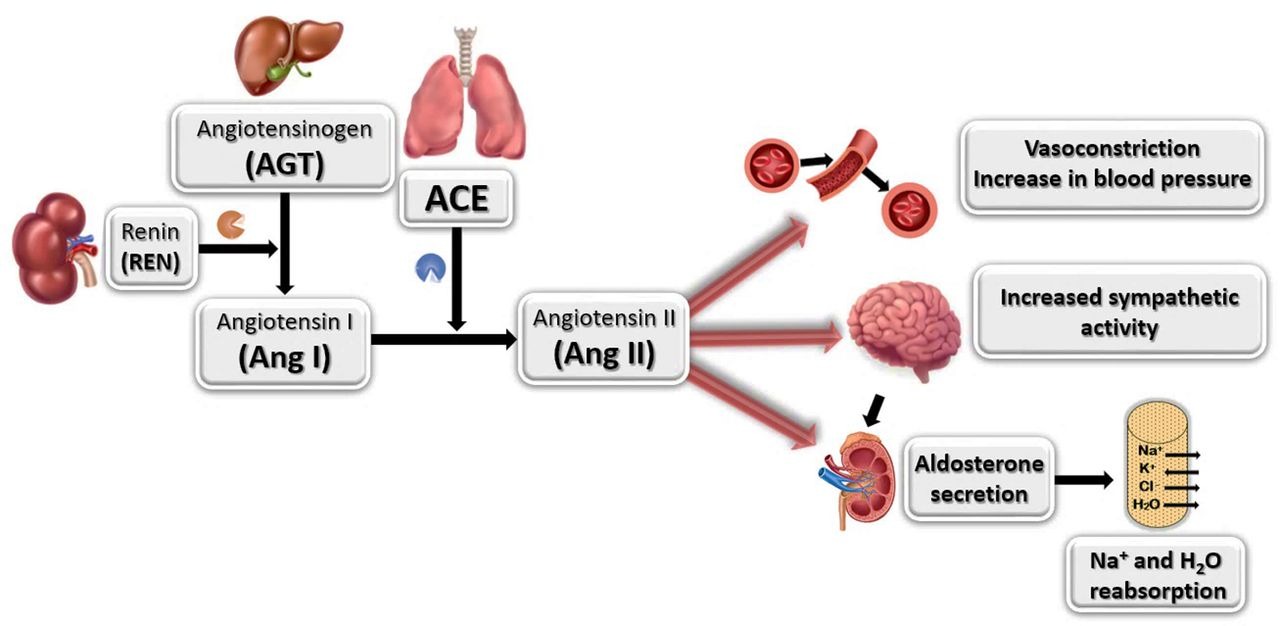
ACE The angiotensin converting enzyme (ACE) test...

ACE The angiotensin converting enzyme (ACE) test measures the level of ACE in the blood. Elevated ACE levels are often associated with sarcoidosis and can be used to monitor its progression or response to treatment, according to Pathology Tests Explained. The test can also be helpful in diagnosing sarcoidosis and confirming other conditions like leprosy and Gaucher disease. Why is the ACE test performed? Sarcoidosis: Elevated ACE levels are common in active sarcoidosis, a disease characterized by inflammation and the formation of nodules in various tissues. Monitoring Sarcoidosis: The ACE test can help monitor the severity of sarcoidosis and the effectiveness of treatment. Other Conditions: The test may also be used to confirm diagnoses of conditions like leprosy and Gaucher disease. Symptoms: A doctor might order the test if a patient exhibits symptoms like dry mouth, swollen lymph nodes, loss of appetite, nosebleeds, night sweats, or joint pain, as these symptoms can be associated with sarcoidosis. How is the ACE test performed? The ACE test is a simple blood draw. A needle is inserted into a vein (usually in the arm), and a small amount of blood is collected in a tube or vial. What are the normal results? Normal ACE levels vary slightly between laboratories and age groups. According to MedlinePlus, the normal range for adults is generally less than 40 micrograms per liter. What do the results mean? Elevated ACE levels: May indicate sarcoidosis or other conditions like leprosy or Gaucher disease. Decreased ACE levels: May be associated with kidney failure or the use of certain medications, such as ACE inhibitors. Changes in ACE levels over time: Fallen ACE levels can indicate improvement in sarcoidosis, while rising levels may suggest worsening disease or a lack of response to treatment. Important Considerations: Some individuals may have elevated ACE levels without having sarcoidosis or other conditions. The test results should be interpreted in conjunction with other clinical findings and diagnostic tests. Always discuss your test results with your healthcare provider to understand what they mean for your specific situation.
Keywords
Subscribe for latest offers & updates
We hate spam too.


